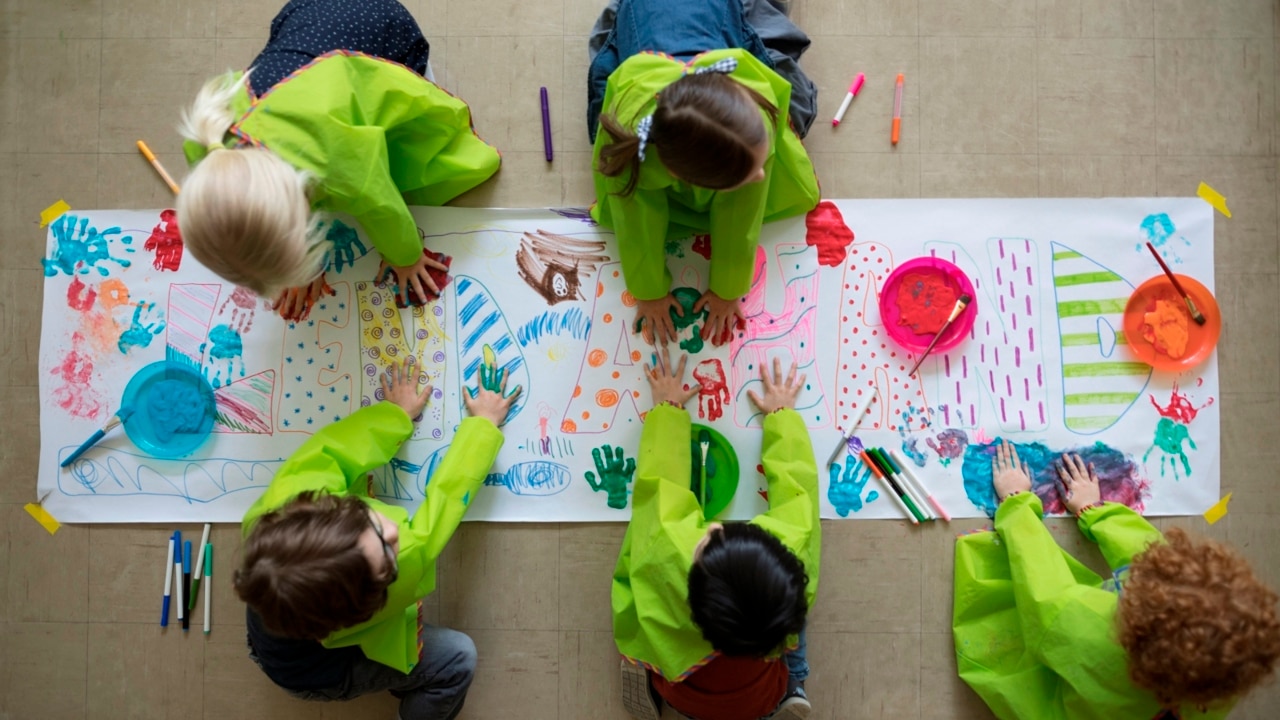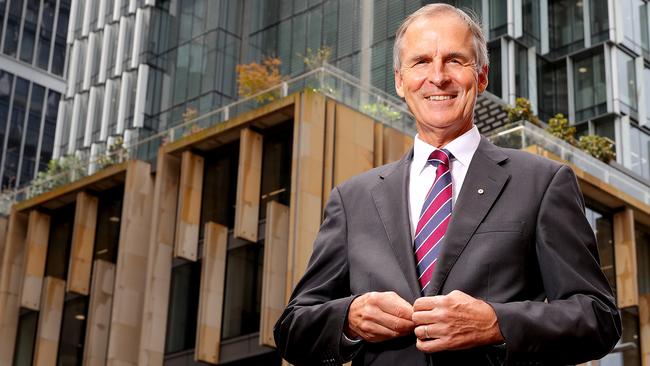Childcare costs don’t count for stay-at-home mothers, report reveals
“It is better for everyone involved if the man earns the money and the woman takes care of the home and children.’’ The reason why some families refuse to use childcare.

Families with “traditional views’’ about parenting are refusing to send their children to childcare despite more generous taxpayer subsidies to make it cheaper, official research reveals.
In a study showing that childcare centres raise fees soon after governments increase subsidies, the NSW Productivity Commission has found that many parents rate choice and flexibility in childcare even more than cost.
“While cost is important to them, it is not everything,’’ NSW Productivity Commissioner Peter Achterstraat said on Sunday.
“Parents place more value on choice and flexibility. For families who do not use childcare services, additional subsidies will not see them use these services.’’
A week after the federal government raised the maximum rebate for childcare to cover 90 per cent of fees, the NSW Productivity Commission has advised that broadbased subsidies “may not be the most cost-effective means’’ to enrol more young children in early childhood education and care (ECEC) and get more parents in paid work.

It says “any fee relief from higher subsidies is short-lived’’, based on data showing childcare fees continued to rise despite more generous subsidies for parents.
“In practice, childcare fee relief does not provide lasting price cuts,’’ the report states. “Each time the level of government support is increased, there is a temporary drop in prices before prices rapidly increase above pre-subsidy levels.’’
The NSW Productivity Commission called for more centres in NSW to open earlier and later, or on weekends, to accommodate shift workers needing care outside the normal operating hours of 7am to 6pm.
Its research shows that shift workers in Sydney would be willing to pay $37 a day extra for longer opening hours.
It also called for swifter approval of new childcare centres, saying NSW council approvals took an average of 275 days – with one approval taking 4000 days.
The commission also found that NSW’s stricter staffing ratios – which require one carer for every 10 children, instead of every 11 children as in other states – was exacerbating staff shortages.
The commission surveyed 2000 parents and found some preferred to care for their children at home. “They are also less likely to believe in (childcare’s) developmental benefits,’’ the report states.

Families that do not use childcare were more likely to agree with the statement that they “believe it is better for everyone involved if the man earns the money and the woman takes care of the home and children’’.
They were also more likely to believe that “a preschool child is likely to suffer if both or only parent work full-time’’.
“These results indicate attempts to increase ECEC usage may be constrained by the personal values and preferences of non-users and low users,’’ the report states. “This is of note, given that these groups tend to have lower incomes and levels of educational attainment compared to high users, meaning their children may benefit more from ECEC usage in the long term.’’
The report comes after the Australian Competition & Consumer Commission found last week that fees in long daycare centres soared 20 per cent between 2018 and 2022, outstripping inflation.
The NSW Productivity Commission report says 85 per cent of four-year-old children in NSW already attend early childhood centres. “With enrolment rates so high, government measures must be targeted if they are to be effective in helping those who need it most,’’ it says.
“For the average non-user or low user of ECEC services, finding the right childcare provider is a larger barrier … than high out-of-pocket costs.
“High users, meanwhile, reported that cost is a larger concern than finding the right type of care.’’
A fear of children falling sick was another reason parents with young children were unwilling to work longer hours.
“The reality (is) that parents will have to take time out of work to care for their sick children, and the perceived risk of this happening increases when children attend ECEC,’’ the report states.
“These concerns are difficult for policymakers to address.’’







To join the conversation, please log in. Don't have an account? Register
Join the conversation, you are commenting as Logout